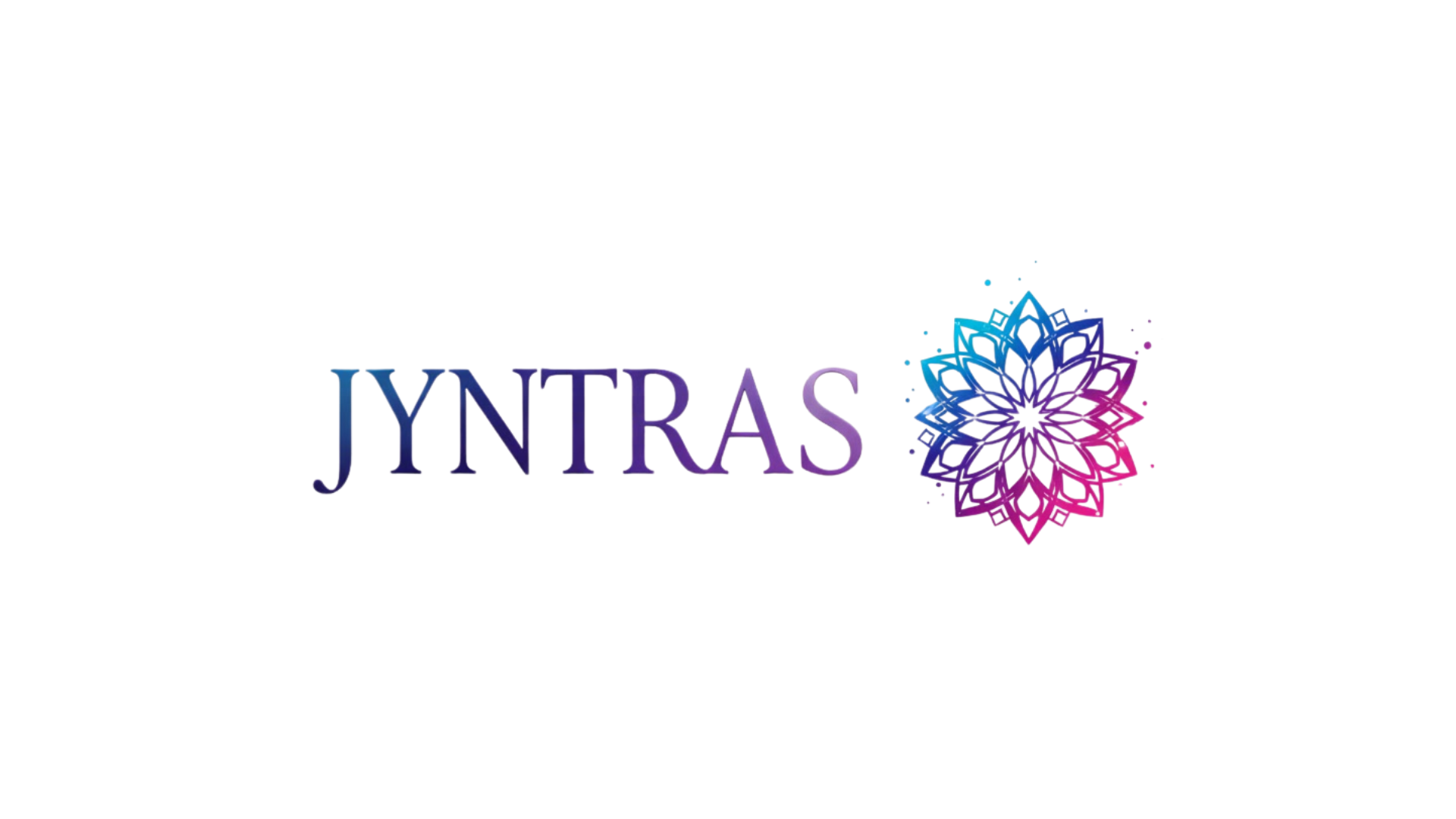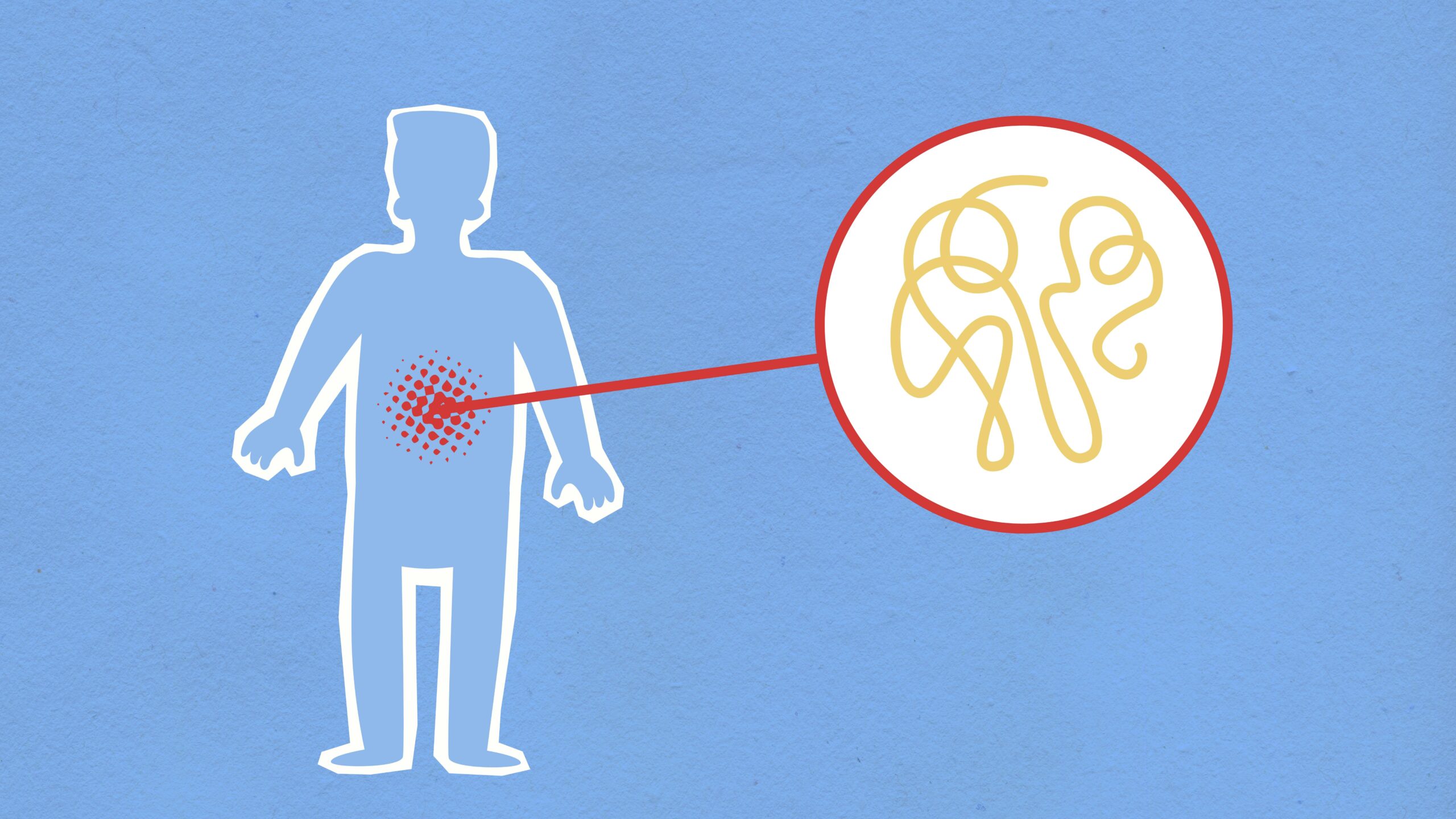The invisible architecture of our minds shapes far more than we realize, weaving beliefs into the very fabric of our biology through epigenetic mechanisms.
🧬 The Biological Bridge Between Mind and Matter
For centuries, the relationship between our thoughts and physical reality remained shrouded in mysticism and philosophical debate. Today, cutting-edge research in epigenetics reveals something extraordinary: our beliefs aren’t merely abstract concepts floating in consciousness—they’re dynamic forces that literally modify how our genes express themselves. This groundbreaking field demonstrates that the conversation between mind and body operates through sophisticated biological mechanisms far more responsive than we ever imagined.
Epigenetics, derived from the Greek prefix “epi” meaning “above” or “upon,” refers to changes in gene expression that don’t alter the underlying DNA sequence itself. Think of your genome as hardware and epigenetic modifications as software—the programming that determines which genetic instructions get activated or silenced. This revolutionary understanding dismantles the genetic determinism that dominated scientific thinking for decades, revealing instead a fluid, responsive system influenced by environmental factors, experiences, and yes—our belief systems.
The Molecular Machinery of Thought
When we hold a belief, whether it’s “I am capable of healing” or “I’m prone to illness,” our brain doesn’t simply process this as neutral information. Instead, it triggers cascades of neurochemical events that ripple throughout the entire body. These biochemical messengers—neurotransmitters, hormones, and neuropeptides—travel through the bloodstream, eventually reaching our cells and interacting with receptors on the cell membrane.
Once these chemical signals reach cellular receptors, they initiate changes in gene expression through several epigenetic mechanisms:
- DNA methylation: Chemical tags attach to DNA, effectively silencing certain genes without changing the genetic code
- Histone modification: Proteins around which DNA wraps become chemically altered, making genes more or less accessible
- Non-coding RNA: Regulatory molecules that control gene expression at multiple levels
- Chromatin remodeling: The physical structure of DNA packaging changes, influencing genetic accessibility
Stress Beliefs and Genetic Expression 😰
Perhaps nowhere is the epigenetics of belief more evident than in stress response patterns. When individuals believe they’re under threat—whether physical or psychological—their hypothalamic-pituitary-adrenal (HPA) axis activates, releasing cortisol and other stress hormones. Chronic activation of this system doesn’t just make us feel anxious; it creates lasting epigenetic modifications.
Research published in leading neuroscience journals demonstrates that persistent stress beliefs alter the methylation patterns of genes involved in immune function, inflammation, and even aging. Individuals who perceive their stress as debilitating show different epigenetic profiles compared to those who view stress as enhancing—even when facing objectively similar challenges. This isn’t positive thinking propaganda; it’s measurable biological reality.
The Placebo Effect: Belief’s Most Convincing Evidence
The placebo effect stands as perhaps the most compelling demonstration of belief-driven biology. For decades, medical researchers treated placebo responses as nuisances to be controlled for in clinical trials. Now, we understand them as powerful demonstrations of the mind’s capacity to influence physiological outcomes through belief mechanisms.
Studies using advanced neuroimaging reveal that placebo responses activate the same neural pathways as actual pharmaceutical interventions. When patients believe they’re receiving pain medication, their brains release endogenous opioids—natural pain-relieving compounds—with demonstrable effects on pain perception and even tissue healing. The belief itself becomes the active ingredient.
Nocebo: The Dark Side of Belief Biology
Just as positive beliefs can promote healing, negative beliefs can induce harm through the nocebo effect. Patients warned about potential side effects experience those symptoms at significantly higher rates than those not given such warnings, even when receiving inert substances. This isn’t hypochondria or imagination—it’s belief-driven epigenetic modification creating real physiological changes.
In one striking study, patients who believed they were chemotherapy-sensitive experienced nausea, fatigue, and even hair thinning after receiving saline injections they believed were chemotherapy. Their conviction literally manifested the expected symptoms through belief-mediated biological pathways.
Cultural Beliefs and Collective Epigenetics 🌍
The epigenetics of belief extends beyond individual psychology into collective cultural phenomena. Communities sharing belief systems about health, aging, and capability demonstrate measurably different health outcomes and longevity patterns. The famous Harvard study of Tibetan monks showed that meditation practices rooted in specific belief frameworks produced distinct epigenetic signatures associated with reduced inflammation and enhanced cellular repair mechanisms.
Indigenous cultures maintaining traditional belief systems often display resilience factors that protect against certain modern diseases, even when facing similar environmental stressors as surrounding populations. These aren’t genetic differences in the traditional sense—they’re epigenetic adaptations shaped by sustained cultural beliefs and practices transmitted across generations.
Transgenerational Transmission of Belief-Modified Genes
Perhaps most fascinating is emerging evidence that epigenetic modifications influenced by parental beliefs and experiences can transfer to offspring. Holocaust survivors’ descendants show distinct stress-response patterns and cortisol regulation differences compared to control populations—epigenetic inheritances of ancestral trauma and survival beliefs.
This transgenerational epigenetic inheritance suggests that the beliefs our ancestors held, and the experiences those beliefs shaped, may influence our own biological predispositions. We inherit not just genes but also epigenetic “memories” that color our physiological responses to the world.
Neuroplasticity: The Brain Believing Itself Into New Forms
The relationship between beliefs and epigenetics finds powerful expression in neuroplasticity—the brain’s capacity to physically restructure itself based on experience and thought patterns. When we repeatedly engage with certain beliefs, we strengthen corresponding neural pathways through a process called Hebbian learning: “neurons that fire together, wire together.”
This neural rewiring isn’t merely functional; it’s accompanied by epigenetic changes in brain cells themselves. Studies of London taxi drivers, who must memorize the city’s complex street layout, show not only enlarged hippocampal regions but also distinct epigenetic modifications in genes related to spatial memory and neuronal connectivity. Their belief in their capacity to master this knowledge, combined with sustained practice, literally reshaped their brain biology.
Growth Mindset: Epigenetics in Education 📚
Carol Dweck’s research on growth versus fixed mindsets provides educational context for belief-driven epigenetics. Students who believe intelligence is malleable rather than fixed demonstrate different learning outcomes, stress responses, and even brain activity patterns when facing challenges. These aren’t just performance differences—they reflect distinct neurobiological states shaped by underlying belief frameworks.
Longitudinal studies suggest that sustained growth mindset beliefs may create epigenetic modifications supporting enhanced neuroplasticity, making learning physiologically easier over time. The belief in one’s capacity to grow doesn’t just motivate effort; it may biologically facilitate that growth through epigenetic mechanisms.
Intentional Belief Modification: Practical Applications 💡
Understanding the epigenetics of belief systems raises practical questions: Can we intentionally modify our beliefs to create beneficial epigenetic changes? Emerging evidence suggests several approaches show promise:
- Mindfulness meditation: Regular practice alters methylation patterns in genes related to inflammation and stress response
- Cognitive reframing: Systematically challenging and restructuring beliefs creates measurable neurobiological changes
- Social belief environments: Surrounding ourselves with communities holding growth-oriented beliefs influences our own epigenetic landscape
- Narrative therapy: Reconstructing personal stories shifts the beliefs embedded within them, triggering biological cascades
The Role of Consistency and Repetition
Epigenetic modifications don’t typically occur from single thoughts or brief belief changes. Rather, they accumulate through sustained, repeated patterns. This explains why affirmations alone rarely create lasting change—without corresponding behavioral reinforcement and emotional conviction, beliefs remain superficial cognitive exercises rather than deep biological instructions.
The most effective belief modification approaches combine cognitive, emotional, and behavioral elements, creating coherent signals that the body interprets as meaningful environmental information worthy of epigenetic adaptation. Visualization practices, when engaged with genuine emotional investment, can trigger similar physiological responses as actual experiences, potentially creating comparable epigenetic effects.
The Quantum Measurement Problem and Consciousness 🔬
Some researchers draw connections between epigenetics of belief and quantum mechanics, particularly the observer effect—where observation appears to influence quantum phenomena. While these parallels remain speculative and controversial, they raise intriguing questions about consciousness’s role in shaping physical reality at fundamental levels.
Physicist-philosopher collaborations explore whether belief-mediated epigenetic changes represent macroscopic expressions of quantum-level consciousness-matter interactions. While mainstream science approaches such ideas cautiously, they highlight how profoundly our understanding of belief’s biological influence challenges traditional materialist paradigms.
Ethical Dimensions of Belief-Shaped Biology
The recognition that beliefs shape our biology raises important ethical considerations. If thoughts influence genetic expression, does this place responsibility for health outcomes on individuals’ belief systems? This question risks victim-blaming, suggesting people with health challenges simply didn’t believe correctly.
A more nuanced understanding recognizes that while beliefs influence biology, they operate within complex systems including genetics, environment, socioeconomic factors, and pure randomness. Beliefs represent one variable among many—significant but not deterministic. The goal isn’t to achieve perfect belief control but to recognize the influence our mental frameworks exert and work consciously with that influence where possible.
Medical Implications and Integrative Approaches 🏥
Progressive medical practitioners increasingly integrate belief-awareness into treatment protocols. This doesn’t mean replacing evidence-based medicine with positive thinking but rather recognizing that patient beliefs about treatment efficacy, healing capacity, and health prognosis influence outcomes through measurable biological pathways.
Integrative medicine approaches combine conventional treatments with practices supporting beneficial belief frameworks—meditation, counseling, community support—creating environments where belief-mediated epigenetic changes complement pharmaceutical and surgical interventions rather than opposing them.
Measuring the Immeasurable: Research Challenges
Studying the epigenetics of belief systems presents significant methodological challenges. Beliefs are subjective, multifaceted, and difficult to quantify. Epigenetic changes unfold across different timeframes, from minutes to years. Isolating belief influences from countless other variables affecting gene expression requires sophisticated research designs.
Despite these challenges, advancing technologies—whole-genome methylation mapping, single-cell epigenomics, sophisticated neuroimaging—provide increasingly precise tools for tracking how psychological states translate into biological changes. As methodology improves, our understanding of belief-biology connections will become more detailed and nuanced.

Rewriting Our Internal Code: Future Possibilities
As we deepen our understanding of how beliefs shape epigenetic landscapes, we approach possibilities that once belonged purely to science fiction. Targeted belief modification protocols, potentially assisted by neurofeedback and other technologies, might help individuals intentionally create beneficial epigenetic profiles supporting health, learning, and well-being.
This isn’t about controlling every thought—an impossible and undesirable goal—but rather about cultivating awareness of our core belief frameworks and consciously choosing those that serve our flourishing. We’re discovering that we’re not passive recipients of genetic fate but active participants in our own biological expression through the beliefs we hold and the mental environments we cultivate.
The emerging picture reveals human beings as far more fluid, responsive, and self-shaping than previous scientific paradigms suggested. Our thoughts don’t just reflect reality—they participate in creating it through epigenetic mechanisms that bridge the supposed divide between mind and matter. This understanding empowers while humbling us, revealing both our influence over our biology and the responsibility that comes with that influence.
As research continues unraveling the intricate connections between belief systems and genetic expression, we’re learning to read and potentially rewrite the invisible code through which our thoughts become flesh. The revolution isn’t just in understanding how this works—it’s in recognizing that this capacity has always existed within us, waiting for science to catch up with what mystics and healers intuited for millennia: that consciousness and matter dance together in an ongoing creative dialogue, with beliefs serving as the choreographers of our biological destiny.
Toni Santos is a deep-biology researcher and conscious-evolution writer exploring how genes, microbes and synthetic life inform the future of awareness and adaptation. Through his investigations into bioinformatics, microbiome intelligence and engineered living systems, Toni examines how life itself becomes a field of awakening, design and possibility. Passionate about consciousness in biology and the evolution of living systems, Toni focuses on how life’s architecture invites insight, coherence and transformation. His work highlights the convergence of science, philosophy and emergent life — guiding readers toward a deeper encounter with their living world. Blending genetics, systems biology and evolutionary philosophy, Toni writes about the future of living systems — helping readers understand how life evolves through awareness, integration and design. His work is a tribute to: The intertwining of biology, consciousness and evolution The emergence of microbial intelligence within and around us The vision of life as designed, adaptive and self-aware Whether you are a scientist, thinker or evolving being, Toni Santos invites you to explore the biology of tomorrow — one gene, one microbe, one awakening at a time.




